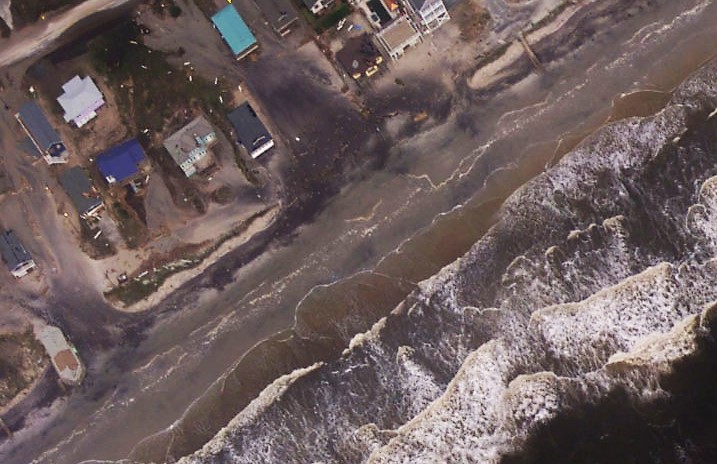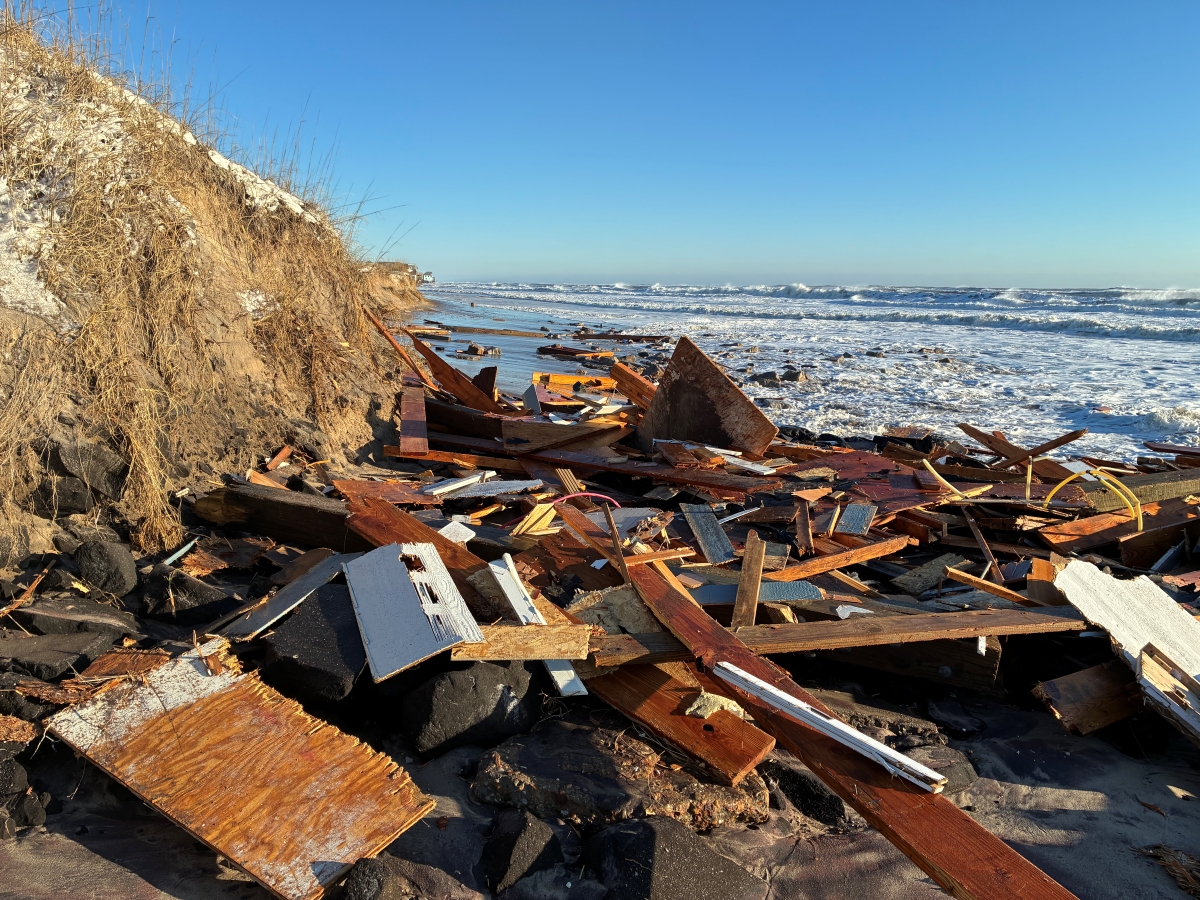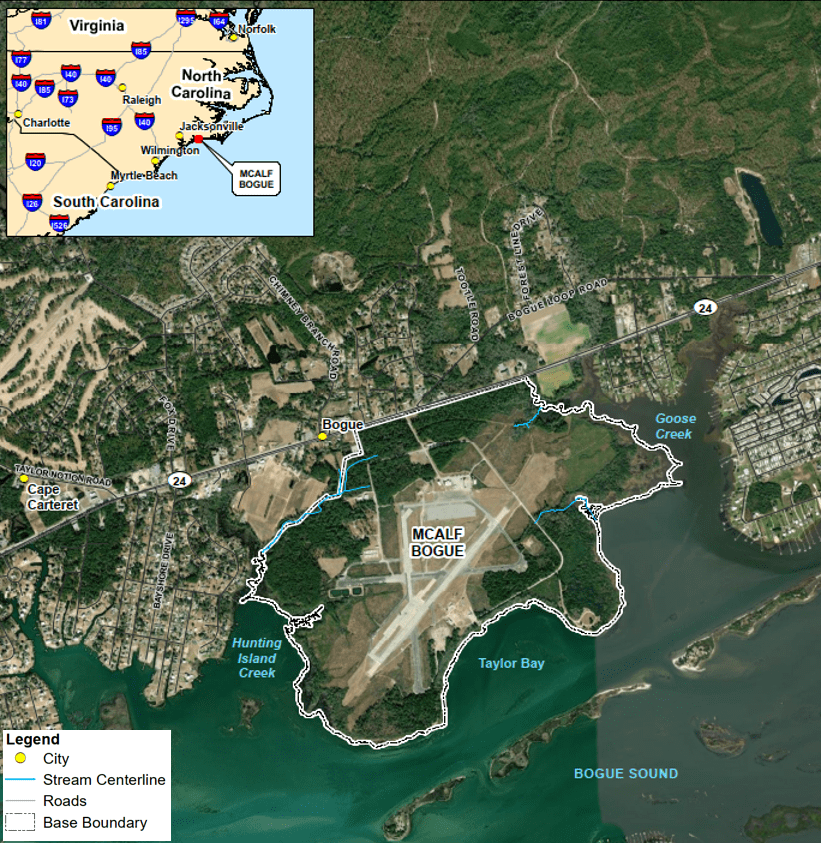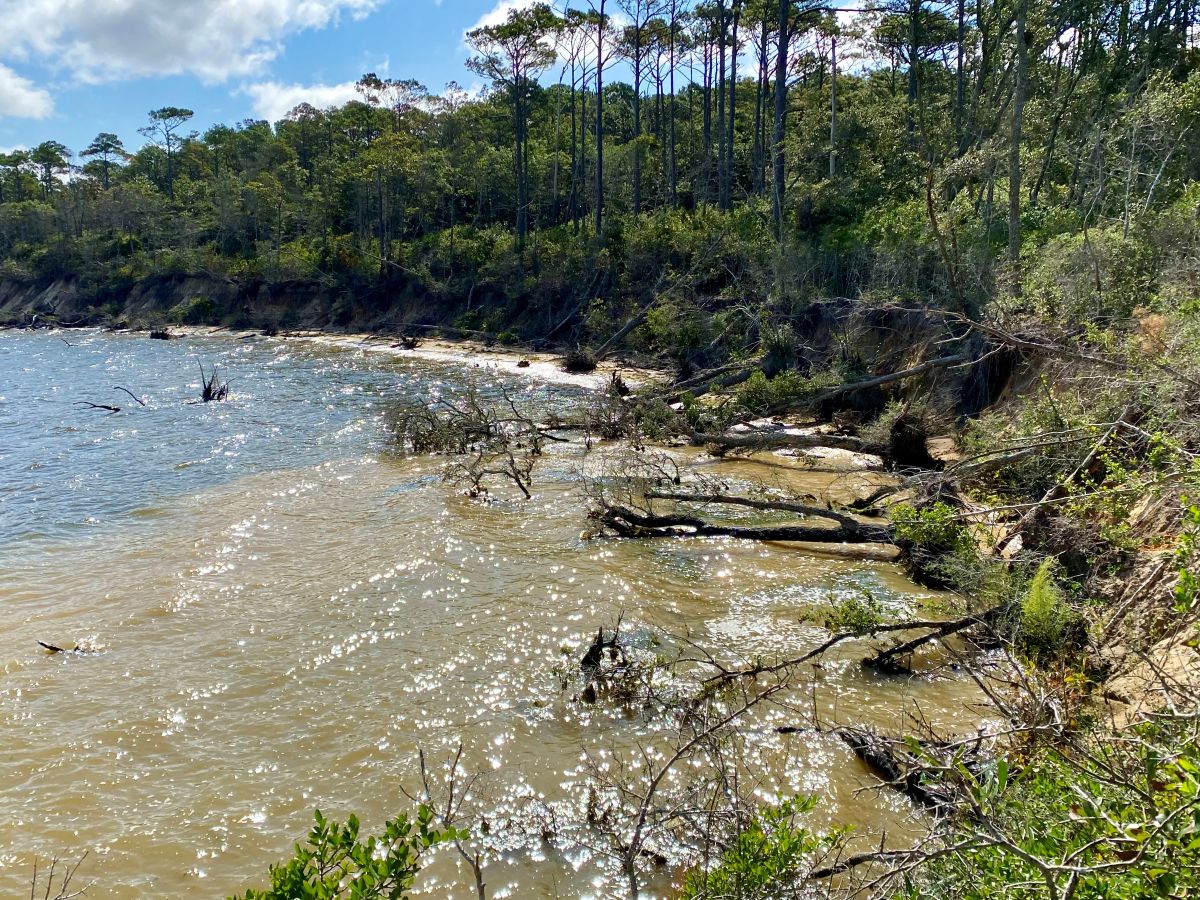
RALEIGH – For coastal North Carolina, where many communities are still reeling from the effects of last year’s storms, the top local requests for help from the General Assembly so far fall in two interrelated categories: sand and money.
With the cost estimates for beach repairs, inlet dredging and infrastructure upgrades far outstripping state and federal resources, local governments are looking at ways to raise more money on their own.
Supporter Spotlight

Senate Majority Leader Harry Brown, R-Onslow, said there’s a growing worry about the economic impact of damaged beaches and out-of-commission vacation properties going into this year’s tourist season.
“There are some coastal issues, some beach issues we’ve got to take a look at, especially as it relates to tourism, because some of those beaches got beat up pretty bad,” Brown said Thursday in an interview with Coastal Review Online. He said it’s a concern for all coastal counties because of the tax revenue that could be lost.
Brown said the last hurricane-relief bill, which passed in December, included $18.5 million in state funds for beach and coastal infrastructure repairs, and this year there will be a need for additional money to keep rebuilding efforts going.
“There’s a lot of work being done down there, but there’s a lot of work to be done,” he said.
Brown added that he was hopeful that disaster-relief legislation introduced last week in the U.S. Senate can move quickly to free up additional federal assistance.
Supporter Spotlight
Sales Tax Measures
Meanwhile, there are two local bills and potentially more on the way aimed at helping coastal communities raise revenue to move forward on needed work.

In a bill introduced Tuesday by Sen. Norm Sanderson, R-Pamlico, Carteret County would have the option of once again asking voters to adopt a countywide quarter-cent sales and use tax to cover the costs of inlet and waterway dredging and maintenance.
County voters rejected a similar effort in 2016 with 58 percent voting against the additional sales tax. Assistant County Manager Dee Meshaw said that in the 2016 referendum the county also intended to use the funds for inlet and waterway needs, but existing law didn’t allow the ballot question to state that specifically.
“We have a tremendous amount of waterways that need dredging,” Meshaw said Tuesday.
The bill mirrors legislation introduced by Rep. Pat McElraft, R-Carteret, that passed the House by a wide margin in 2017 but was never taken up by the Senate.
The new legislation, which would only apply to Carteret County, would allow the funds to be used only for inlet and waterway dredging and maintenance and require the ballot question to indicate that.

In Brunswick County, officials are looking to a meals tax to raise funds for beach and infrastructure work.
Rep. Frank Iler, R-Brunswick, said in a recent interview that he expected at least two and as many as five Brunswick County communities to take advantage of a bill he introduced early in the session to allow the county’s municipalities to adopt a half-cent meals tax. The additional tax would require approval through a referendum that could be held as early as this year.
Iler said there was a lot of work to be done on the Brunswick County coast, and the idea is to give local governments another way to fund repairs and improvements. He said Southport and Oak Island had asked for the legislation, but other communities could also take advantage of the option.
Southport Town Manager Bruce Oakley said Monday that he didn’t have a firm estimate of what a new meals tax would bring in if approved. The money would go to infrastructure repairs and improvements, he said.
While some measures to address the extensive list of coastal repairs and beach restoration work may figure into the next round of hurricane-relief legislation and this year’s state budget, legislation introduced last week would help fund Department of Environmental Quality oversight and management of the projects.
In legislation introduced last week by Rep. Chuck McGrady, R-Henderson, the Division of Coastal Management would be able to use up to 2 percent of the fund annually to cover two positions: a beach and inlet project manager to oversee all activities related to beaches and inlets, and a manager to oversee financial management of water resources grants. The bill would also direct some of the fund be used to develop and maintain a database of all dredge material disposal sites in the state.
More Coastal Bills in the Que
Although it’s been a slower-than-usual start to the session, bill filing has begun to pick up.

Last week, McElraft introduced legislation that would give local control to Beaufort for the navigable waters around the unincorporated region of the Rachel Carson Reserve and extend local authority over anchoring of boats and operations of boats and vessels in navigable waters to the towns of Atlantic Beach, Bogue, Cape Carteret, Cedar Point, Emerald Isle, Indian Beach, Morehead City, Newport, Peletier and Pine Knoll Shores.
The following bills have also been introduced this session:
- H169 would adopt the loggerhead turtle as the state’s official saltwater reptile.
- H52 would clarify easement rights along the oceanfront properties to allow the town to build looped waterlines to improve water quality.
- H44 would allocate $7.5 million for the completion of renovations at Fort Fisher and allocate $500,000 to plan facilities for the state’s Underwater Archeology Branch of the Office of State Archaeology to be located at the fort.
- H245 includes a provision that would extend from 15 to 30 days the amount of time the Coastal Resources Commission has to respond to contested cases petitions.







